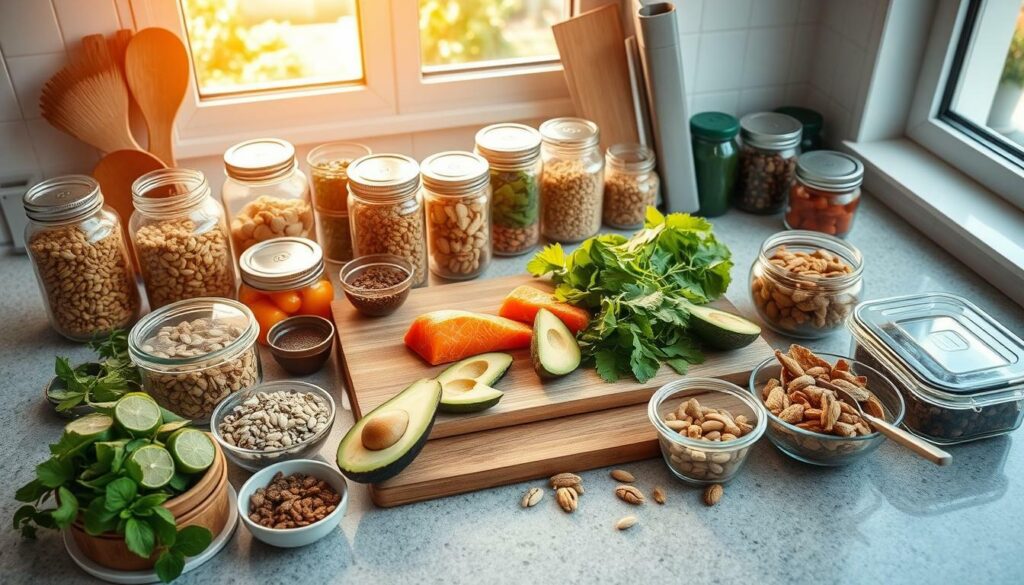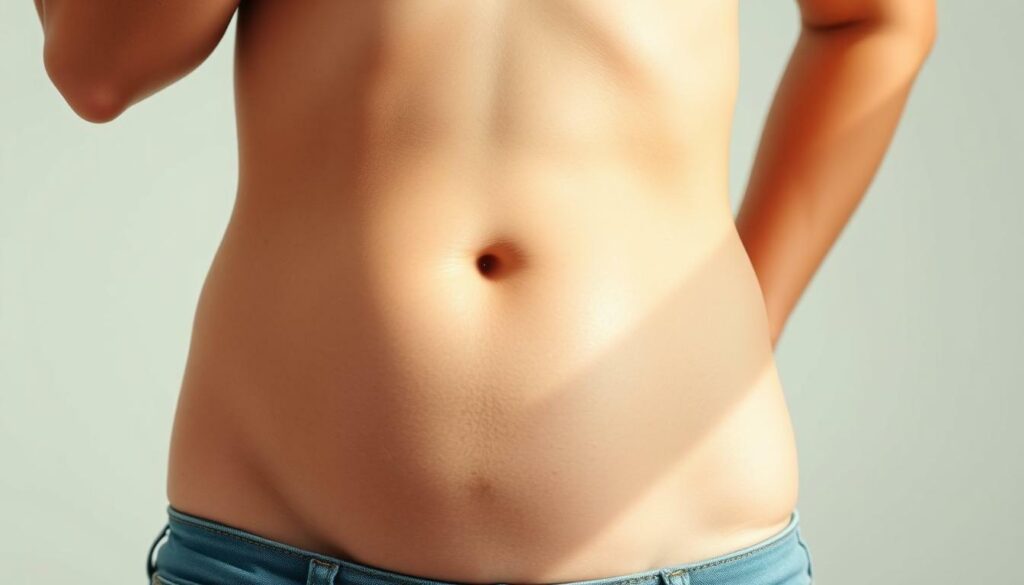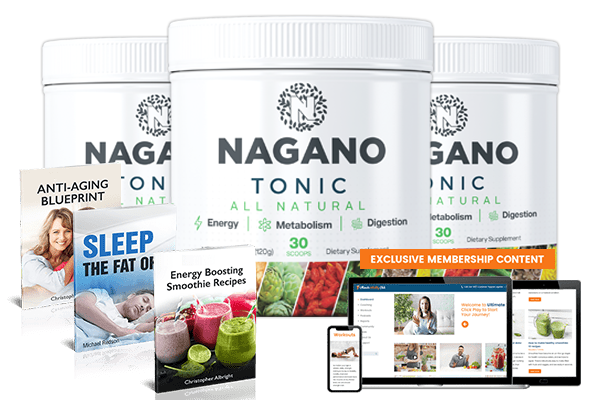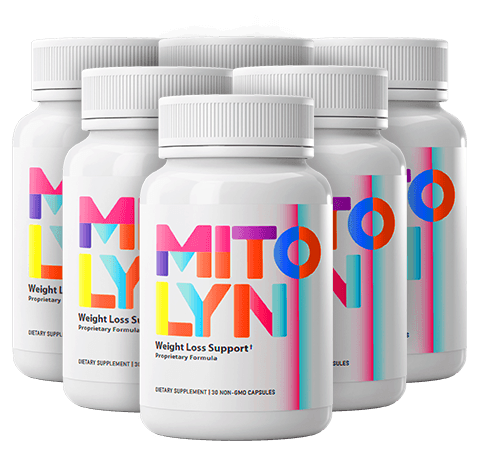
I started a 30-day journey without dairy to see its effects. About 65 percent of Americans can’t digest lactose well. I wondered if cutting out dairy would boost my health.
Not eating dairy for a month can change a lot. It can lessen symptoms of lactose intolerance and improve gut health. I was excited to see how it would affect my body.
I wanted to know how not eating dairy for a month would change my life. I was curious about its impact on my energy, skin, and overall health. Millions of Americans can’t handle dairy, so I hoped my story would help others thinking about a dairy-free life.
Why I Decided to Give Up Dairy
I decided to stop eating dairy for 30 days. I was worried about fasting for 30 days, but I was replacing it with healthy foods. The US National Library of Medicine says 65% of people can’t digest milk well. This made me want to try a dairy-free diet.
Dairy can cause health problems like lactose intolerance and acne. It can also make your skin produce more oil because of hormones in cow’s milk. I wanted to improve my skin and energy by not eating dairy.
Common Dairy-Related Health Issues
- Lactose intolerance
- Acne
- Increased sebum production in the skin
Setting Personal Health Goals
Improving my energy and health was my goal. A dairy-free diet can help with this. Knowing the benefits of not eating dairy kept me going.
Research-Based Motivation
Studies show a dairy-free diet is good for you. It can reduce inflammation and improve your gut. Dairy can raise your cholesterol and saturated fat levels, leading to diseases. Knowing this helped me make better choices for my health.
My Pre-Dairy-Free Health Status
Before quitting dairy, it’s key to know your health status and how dairy affects you. When fasting for a month, understanding your health is crucial. Look at your food habits and any unhealthy patterns.
A good diet is important for your health. The Whole30 diet, for example, removes certain foods to fight allergies and inflammation. It focuses on whole foods like meat, seafood, eggs, veggies, and fruits. This can help lower obesity and heart disease risks.
But, fasting for a month can have risks like nutrient shortages and blood sugar changes. Eating a variety of whole foods can help avoid these issues. When fasting, make sure to prioritize your health and plan a safe dairy-free transition.
- Evaluate your current diet and identify areas for improvement
- Consult with a healthcare professional or registered dietitian for personalized guidance
- Focus on whole, nutrient-dense foods to support overall health and well-being
By being proactive and informed, you can succeed in your health journey. Always put your health first and take it one step at a time. If you’re unsure, don’t hesitate to ask a healthcare professional for help.
What Happens When You Stop Eating Dairy for 30 Days?
When you stop eating for 30 days, it’s key to know how it affects your body. Not eating dairy can help with lactose intolerance and boost health. Many see better skin, less acne, and less inflammation without dairy.
Some changes you might notice include:
- Less bloating and stomach issues
- More energy from a varied diet
- Better skin, less acne and inflammation
Going dairy-free for six weeks can really improve your skin. Acne might almost disappear. Experts say skin can start looking better after about 12 weeks without dairy. It’s important to know the good and bad of a dairy-free diet.
| Time Without Dairy | Notable Effects |
|---|---|
| 1-2 weeks | Reduced bloating and digestive discomfort |
| 4-6 weeks | Improved skin clarity and increased energy levels |
| 12 weeks | Noticeable improvement in complexion and reduced inflammation |
Knowing what happens when you stop eating for 30 days helps you make better diet choices. By choosing plant-based foods and checking labels, you can eat well without dairy.
Unexpected Physical Changes
When you think about fasting for 30 days, it’s key to know how it affects your body. Stopping dairy can make your skin, digestion, and energy better. Many people see less acne and better bowel movements after quitting dairy.
Some big pluses of not eating dairy include:
- Improved complexion and reduced acne
- Enhanced energy levels and reduced fatigue
- Better digestive health and regular bowel movements
But, fasting for 30 days can be very risky. It might lead to malnutrition and other health problems. Yet, a smart dairy-free diet can help avoid these dangers and bring many health perks.
A study on low-carb diets, which often cut out dairy, showed good results. People’s triglycerides and HDL cholesterol got better. Still, it’s important to know the dangers of fasting for 30 days. This way, you can safely switch to a dairy-free diet.
| Benefits of a Dairy-Free Diet | Potential Risks of Fasting for 30 Days |
|---|---|
| Improved skin health | Malnutrition and dehydration |
| Enhanced energy levels | Reduced muscle mass and strength |
| Better digestive health | Increased risk of refeeding syndrome |
Knowing the good and bad of a dairy-free diet helps you make smart choices for your health.
Mental and Emotional Effects
Thinking about fasting for a month? It’s key to know the mental and emotional side effects. Fasting can really affect your mind, making you feel anxious or depressed. Research shows that not eating enough can cause mood swings, irritability, and tiredness.
Here are some health risks of not eating for a month:
- Anxiety and depression from not getting enough calories
- Mood swings and irritability, known as the “hangry” feeling
- Problems sleeping, like poor sleep quality and trouble falling asleep
It’s important to know these risks and take care of your food and body relationship. If you’re thinking about fasting for a long time, talk to a doctor first. They can help you understand the risks and benefits.
Dairy Alternatives That Worked Best
When you stop eating for 30 days, finding good dairy alternatives is key. Plant-based options can help balance your diet. Many people feel better after ditching dairy, with less inflammation and better digestion.
Plant-Based Milk Options
Almond and soy milk are top picks for dairy alternatives. They often have calcium, making them good substitutes. You can also try coconut, oat, and rice milk. Always check the nutritional content and ingredients to fit your diet.
Cheese Substitutes
Cheese substitutes use cashews, tapioca starch, and almonds. They work well in pizzas and salads. Brands offer many flavors and textures, making it easy to find a dairy-free cheese.
Yogurt Replacements
Coconut and soy yogurts are great for smoothies or toppings. Look at the ingredients and nutrition to match your diet. They offer a similar taste and texture to regular yogurt.
Challenges and How I Overcame Them
When I stopped eating dairy, I faced many challenges. These included cravings and feeling pressured by others. The dangers of fasting for 30 days are real, and knowing the consequences of no food for 30 days is key. But, with the right approach, you can beat these hurdles and enjoy a dairy-free life.
For me, the best strategies were meal planning, getting support, and staying motivated. Here are some tips to help you:
- Plan your meals ahead to get all the nutrients you need.
- Get help from friends, family, or a doctor to stay on track.
- Keep track of your progress and celebrate your wins.
By knowing the dangers of fasting for 30 days and taking steps to avoid them, you can lessen the consequences of no food for 30 days. Always put your health first and seek help when needed.
Scientific Research Behind Dairy-Free Benefits
Understanding the science behind a dairy-free diet is key. Studies show it can lower inflammation, balance hormones, and improve digestion. For example, research links dairy to inflammation in some, leading to health problems. Knowing the effects of fasting or not eating for a month can guide diet choices.
A dairy-free diet offers many benefits, like lowering disease risk. Key findings from research include:
- Reduced inflammation: It can lower body inflammation, preventing health issues.
- Improved hormonal balance: It helps avoid acne and mood swings by balancing hormones.
- Promoted digestive health: It reduces lactose intolerance and other digestive problems.
While a dairy-free diet is beneficial, getting enough nutrients is crucial. Knowing the risks of fasting or not eating for a month helps make better diet choices.
Conclusion: Is Going Dairy-Free Worth It?
Deciding to go dairy-free is a personal choice. It depends on your health needs and what you like. The author tried it for 30 days and felt better physically and mentally.
They noticed better digestion and more energy. But, the long-term effects of not eating dairy are still being studied.
It’s smart to find a balance. Instead of cutting out dairy completely, try a mix of dairy-free and dairy. This way, you can enjoy the benefits of not eating dairy while still eating a wide variety of foods.
Choosing to go dairy-free should be a thoughtful decision. Think about your health goals and what you prefer. Also, listen to what your healthcare professionals say.
By keeping up with new research and trying different dairy-free foods, you can find what works best for you.














